In The Federal Trade Commission’s latest move to stop the acquisition of Activision Blizzard by Microsoft, the regulatory agency has filed a lawsuit seeking to block the $69 billion deal. The FTC argues that the merger between the tech giant and the video game powerhouse could stifle competition and violate antitrust laws. The lawsuit adds to the mounting hurdles facing Microsoft as it strives to complete the largest consumer technology deal in decades. Here’s a breakdown of the ongoing battle between the FTC and Microsoft over the Activision Blizzard acquisition:
1. Lawsuit filed by the Federal Trade Commission

The FTC has filed a lawsuit in the U.S. District Court for the Northern District of California to block Microsoft’s purchase of Activision Blizzard.
2. Allegations of antitrust violations

The FTC claims that the merger could suppress competition in the video game market, specifically affecting Microsoft’s rivals in the console and subscription businesses.
3. Microsoft’s response
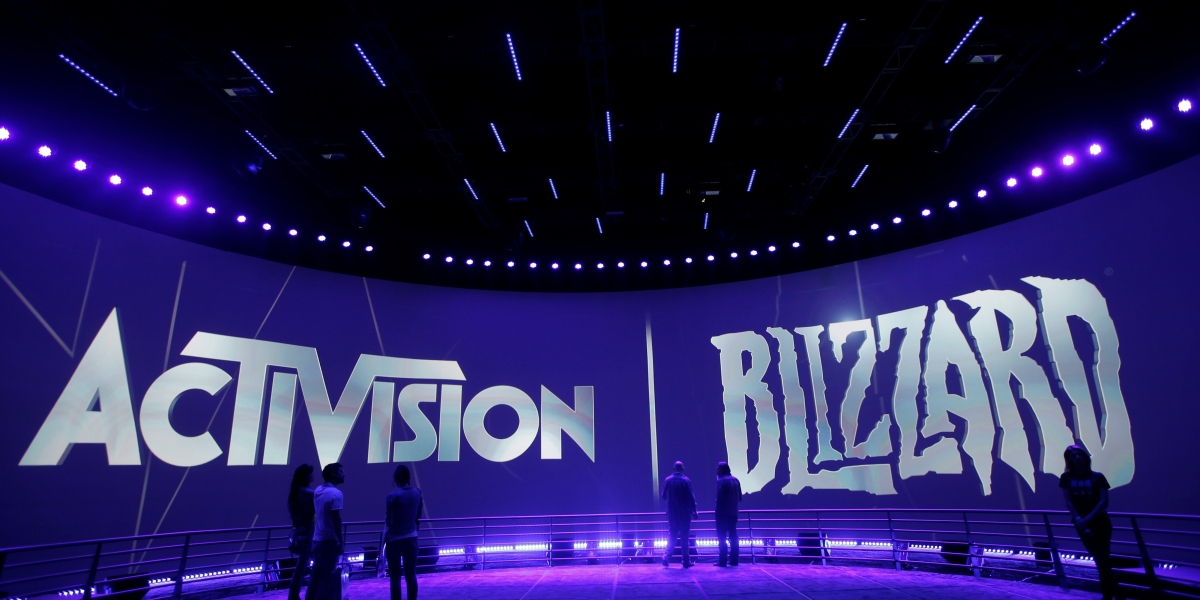
Microsoft has filed a formal response to the FTC’s claims, defending the acquisition and downplaying Xbox’s dominance in the industry.
4. Xbox’s position in the gaming market
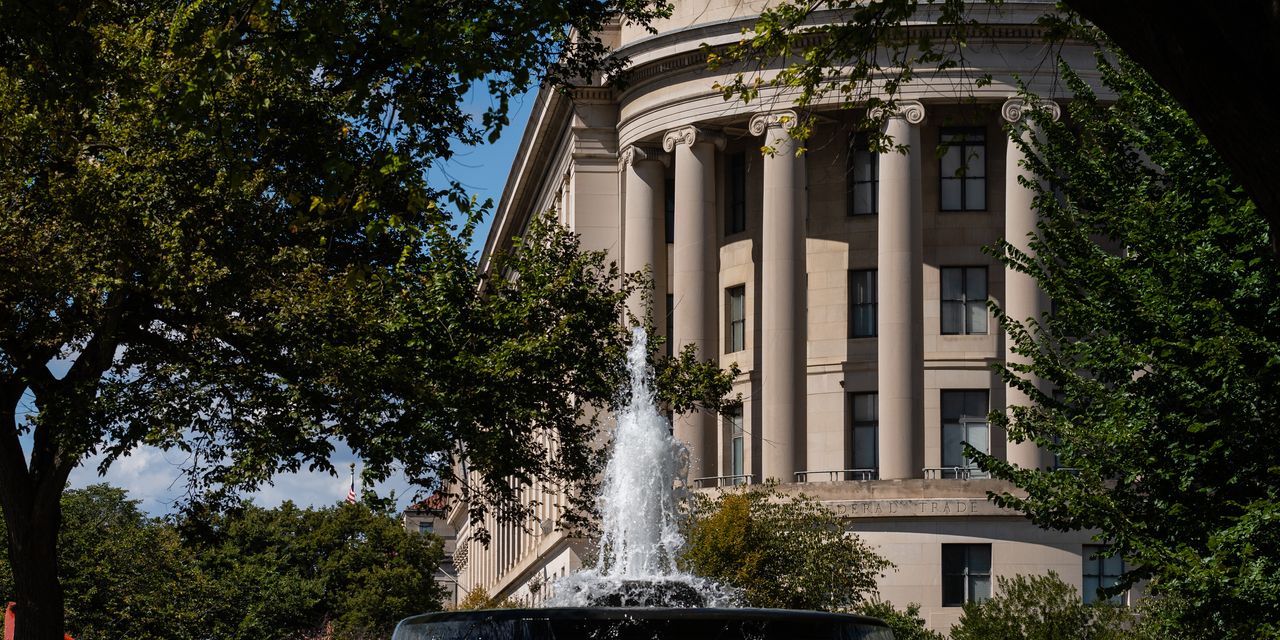
Microsoft positions Xbox as the third-place manufacturer of gaming consoles, behind Sony and Nintendo, emphasizing its limited presence in mobile gaming.
5. Activision Blizzard’s rebuttal
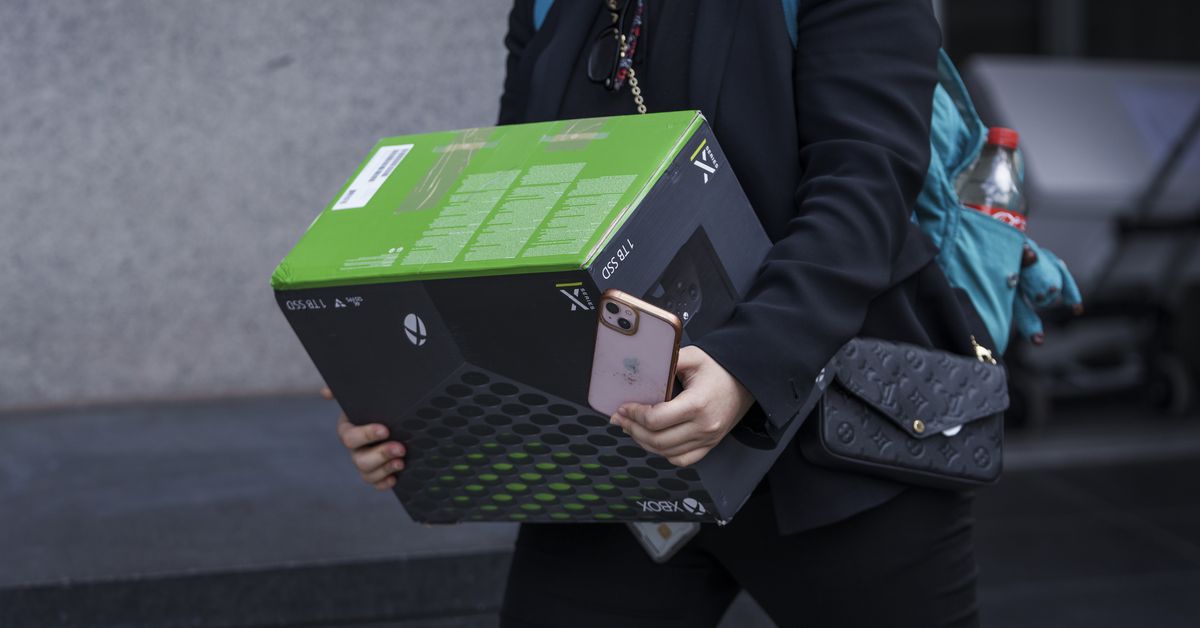
Activision Blizzard has criticized the FTC’s assumption that Microsoft would withhold games like Call of Duty from competing platforms, expressing confidence in the deal.
6. FTC’s concern over exclusivity
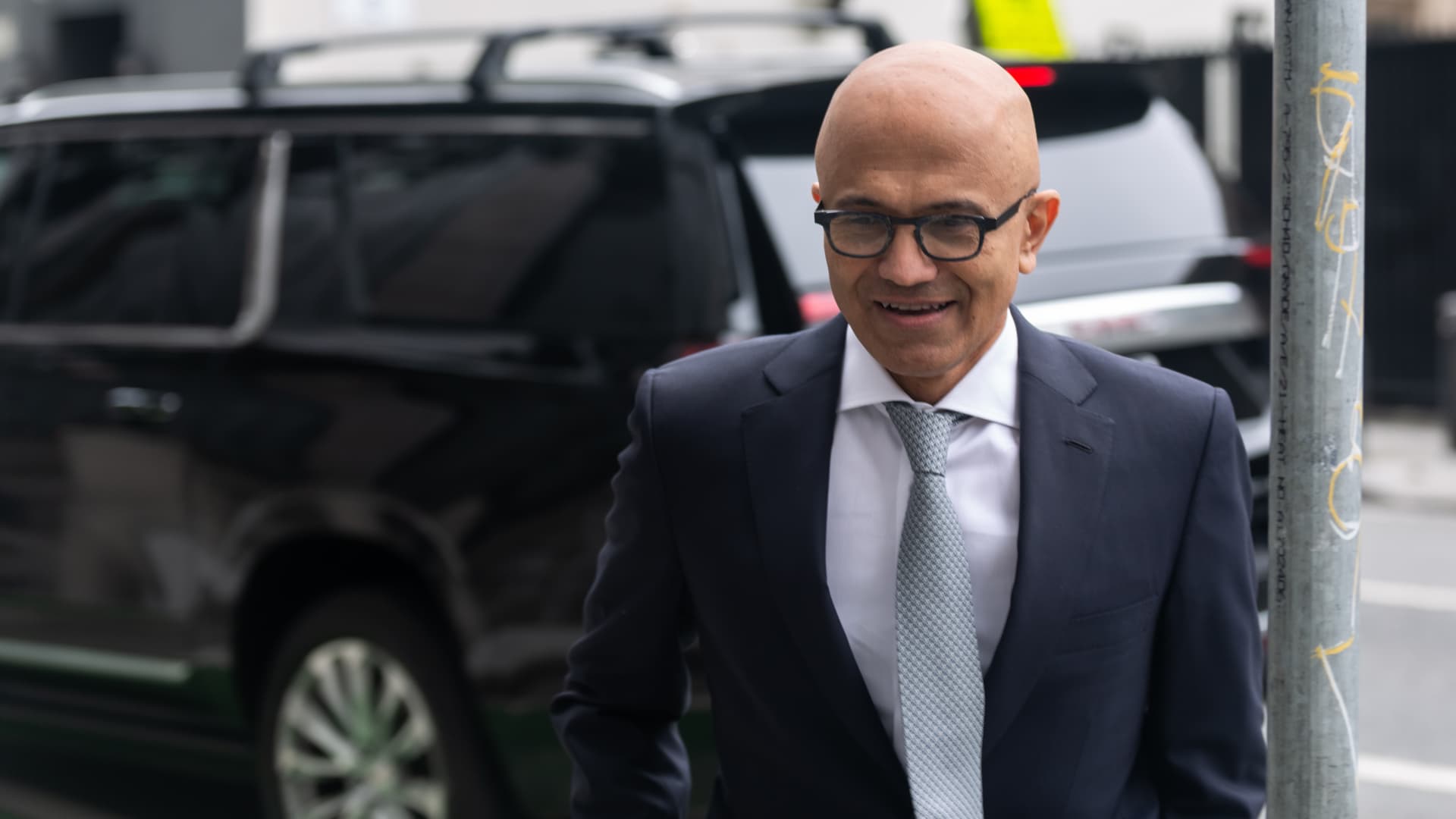
The FTC points to Microsoft’s acquisition of Bethesda Softworks and its exclusive game releases for Xbox as evidence of potential anti-competitive behavior.
7. Potential harm to consumers
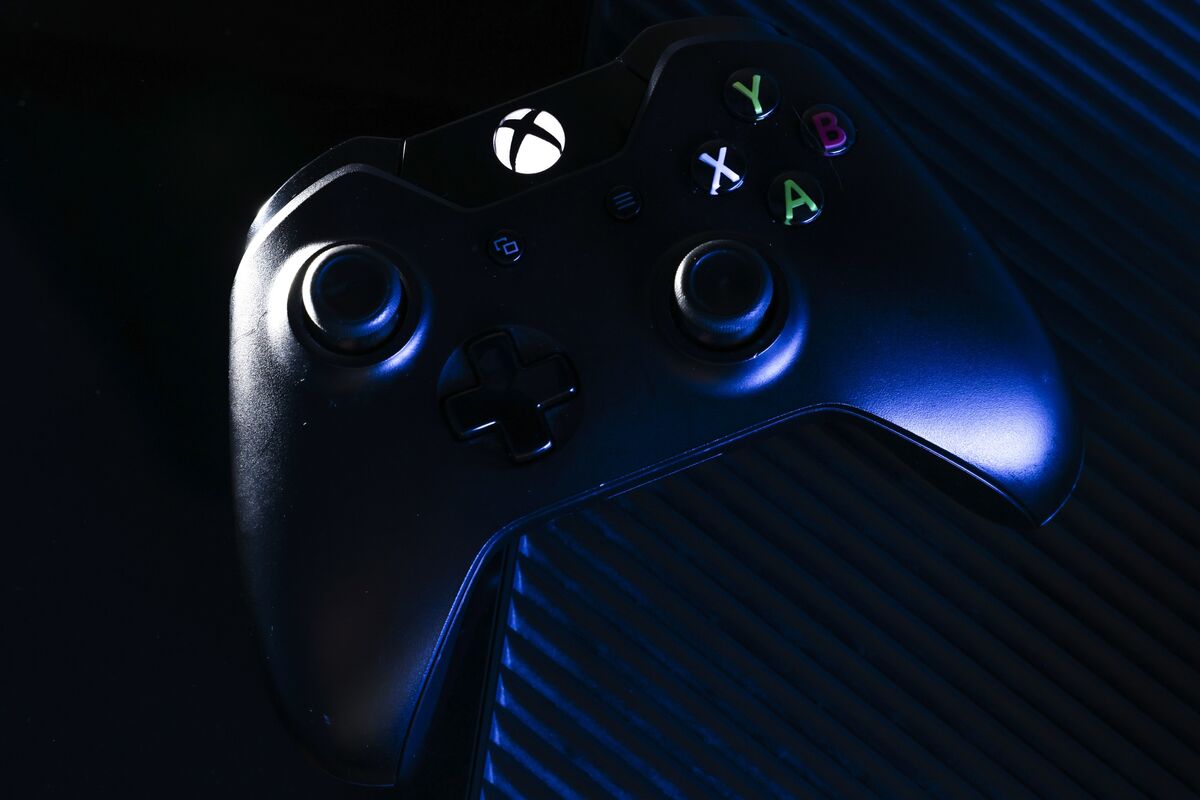
The lawsuit argues that Microsoft’s control over Activision Blizzard’s content could lead to reduced competition, impacting product quality, price, and innovation to the detriment of consumers.
8. Microsoft’s legal representation
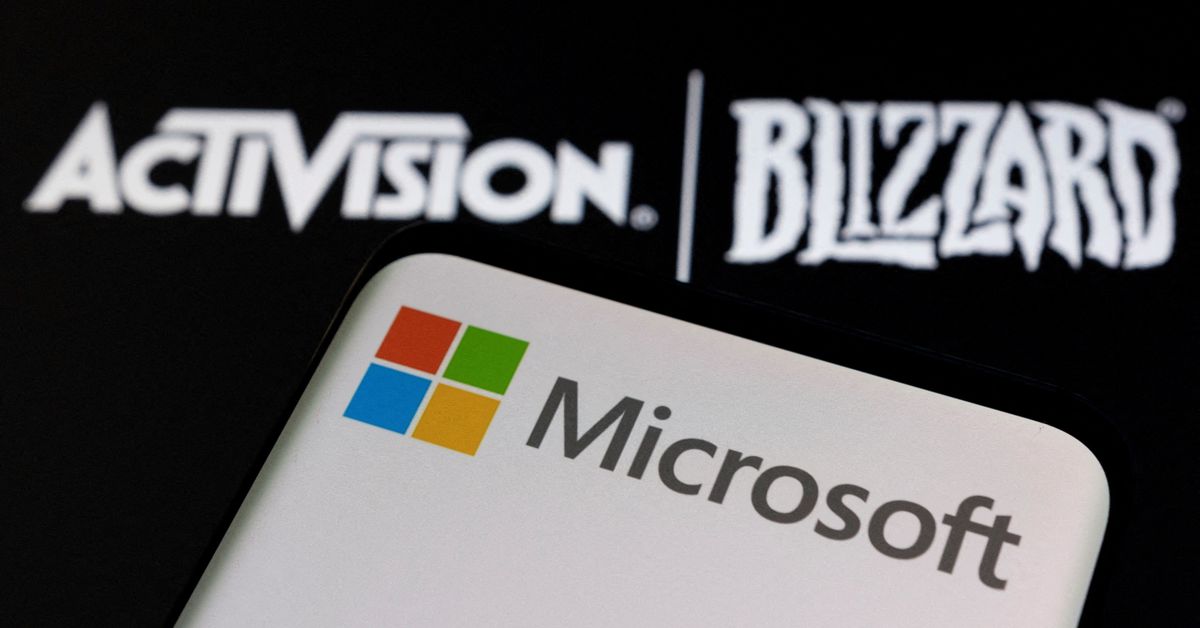
Microsoft has assembled a high-profile legal team, led by attorney Beth Wilkinson, to vigorously defend its case in court.
9. Possible settlement
While Microsoft is prepared to fight the lawsuit, the company remains open to reaching a settlement that protects competition, consumers, and workers in the tech sector.
10. Regulatory scrutiny in other jurisdictions
The Activision Blizzard acquisition is also under investigation in the European Union and the United Kingdom, prolonging the review process.
11. Historical context of Microsoft’s antitrust battles
This lawsuit marks another significant antitrust challenge for Microsoft, harkening back to the company’s previous legal battles over its dominant position in the software market.
12. Confidence in the case
Microsoft expresses confidence in its case and emphasizes its willingness to find creative solutions with regulators that benefit all parties involved.
13. Conclusion
The clash between the Federal Trade Commission and Microsoft over the Activision Blizzard acquisition showcases the intensifying scrutiny faced by tech giants and the potential impact on competition within the gaming industry.
FAQs
Q: What is the Federal Trade Commission’s lawsuit about?
A: The FTC has filed a lawsuit to block Microsoft’s acquisition of Activision Blizzard, citing concerns of reduced competition and potential antitrust violations.
Q: How does Microsoft respond to the allegations?
A: Microsoft defends the acquisition, downplaying Xbox’s dominance and highlighting its limited presence in mobile gaming.
Q: What is the potential harm to consumers mentioned in the lawsuit?
A: The lawsuit argues that Microsoft’s control over Activision Blizzard’s content could lead to reduced competition, impacting product quality, price, and innovation.
Q: Is a settlement possible?
A: Microsoft is open to reaching a settlement that protects competition, consumers, and workers in the tech sector, while also prepared to vigorously fight the case in court.
Q: How does this lawsuit fit into Microsoft’s historical antitrust battles?
A: This lawsuit poses another significant antitrust challenge for Microsoft, recalling the company’s previous legal battles over its dominance in the software market.

